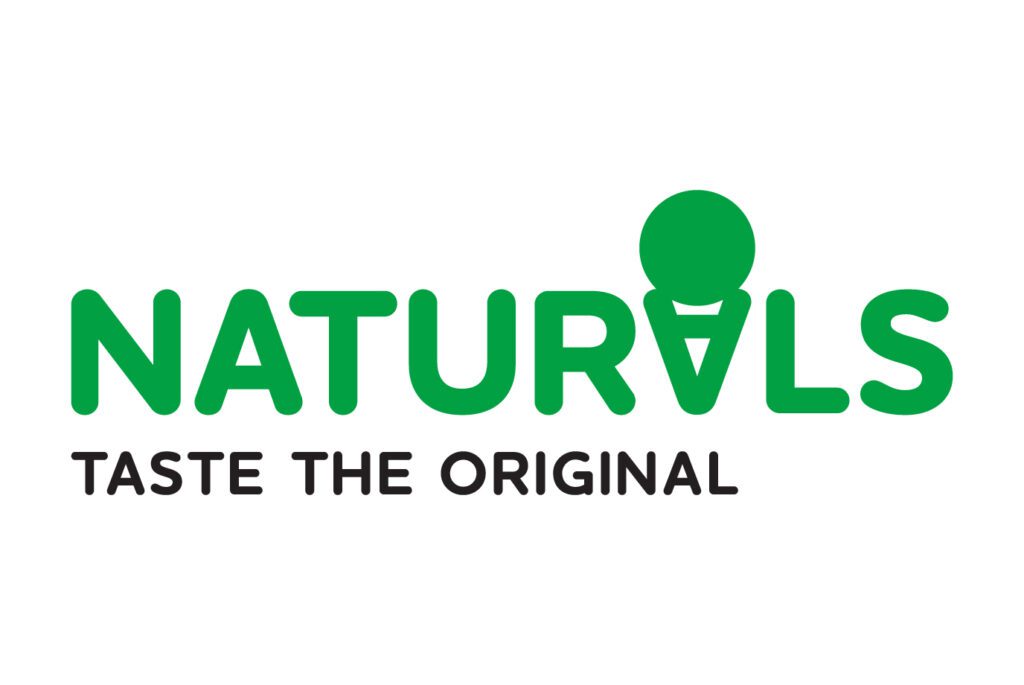When Technology Threatens the Old Guard: Should Innovation Be Legislated Away?

Discover why criminalizing innovation hurts progress and how industries can adapt to disruption by embracing new technology and evolving business models.
Rapido has recently discontinued its two-wheeler ride services in Bangalore, leading to significant disruption for daily commuters who relied on the platform for affordable and quick transportation. The move has sparked considerable backlash from users across the city, with many taking to social media to express frustration and demand clarity from the company and government.
When New Tools Disrupt Old Models
Imagine a time when fax machines were new. In the 1980s, companies like Federal Express dominated the overnight document delivery business. Then along came the fax machine—an invention that allowed you to send documents instantly, without the need for a van ride or a delivery person. It cut deep into the very business FedEx relied on.
But here’s the twist: FedEx didn’t run to Washington. They didn’t push for legislation to tax, ban, or regulate fax machines. They adapted, shifted their focus, and continued to grow. That’s the inherent nature of innovation.
Compare that with what we’ve seen in industries like entertainment, publishing, and even transportation. When the internet began to democratise access to content, some incumbents didn’t adjust—they lawyered up.
A Tale of Two Industries: Tech vs Takedown
As digital access expanded, traditional movie studios and music labels responded not by evolving but by attempting to stifle innovation. In the early 2000s, they lobbied to make downloading and sharing even small pieces of content illegal. Some even suggested outlawing specific software or hardware types that could potentially violate copyright.
The message was clear: if the new technology threatens our business model, it must be stopped—not competed with.
Contrast this with how tech companies often behave. Email and cloud storage decimated the office stationery industry, but you don’t see paper companies demanding Congress ban PDFs. Uber disrupted taxi unions, but it fought back in courts and markets, rather than asking to outlaw apps. The difference lies in mindset—adapt or obstruct.

The Internet Isn’t the Enemy
Proposals to criminalise internet sharing or restrict tech tools often stem from fear—fear that traditional models can’t survive a freer, more open system. But history tells us something else. The more people share, sample, and participate, the larger the market becomes.
In the music world, for instance, independent artists who made their music freely available online didn’t disappear—they built careers. In publishing, bloggers didn’t kill journalism—they transformed it. In retail, Amazon didn’t destroy the market—it redefined convenience.
The internet didn’t kill industries. It challenged their comfort zones.
Why Criminalising Innovation is a Bad Strategy
Let’s break this down into key points:
- 1. Innovation Increases Demand
Just as email made communication faster, it also encouraged people to communicate more. Similarly, digital sharing of content can grow awareness, expand audiences, and create unexpected fans.
- 2. Public Policy Should Benefit the Many, Not the Few
Laws are designed to safeguard society as a whole, not to maintain the dominance of a few influential players. If we legislate in favour of old monopolies, we will halt progress.
- 3. Policing Innovation Destroys Ecosystems
Developers, researchers, and creators miss out on immense potential if they hesitate to build tools due to the fear of misuse. The same tools that can share copyrighted content also offer education, science, art, and open-source breakthroughs.
- 4. Misplaced Regulation Wastes Time and Resources
Rather than pushing governments to crack down on creators, innovators, or consumers, companies should invest in better products and experiences. Regulation should support fairness and innovation—not stagnation.
Legislation Shouldn’t Be a Shield Against Change
The truth is, not every business model is deserving of survival forever. When the world changes, companies have to evolve or risk becoming irrelevant. That’s the deal. Kodak, Blockbuster, Borders—they all had their moment. And they all failed to adapt.
Technology is not the enemy. Resistance to change is.
If we start criminalising progress because it disrupts some traditional players, we’ll create a world where the past dictates the future.
What Should Be Done Instead?
Instead of using laws to shield outdated models, industries should:
- Innovate new experiences (just like Netflix did when piracy was rising)
- Offer flexible pricing (Spotify turned freeloaders into subscribers.)
- Build community and loyalty (like Patreon or Substack)
- Embrace new distribution (like direct-to-consumer or hybrid events)
When industries embrace the tools of the future, they win not just profit—but relevance.
The Bigger Picture
The battle isn’t just about copyright or streaming. It’s about whether we believe a handful of legacy players should dictate progress—or whether we’re ready to let new ideas challenge the status quo.
So when you hear a powerful lobbyist claim that a new technology is a threat to jobs, artists, or society, ask yourself: Is it the technology, or is it just fear of losing control?
As history has shown us, advances in technology also bring opportunities.



